The Maine Coon cat is a majestic and regal breed known for its striking appearance and friendly demeanor. If you're considering bringing one of these stunning cats into your home, one of the first questions that may come to mind is how much these feline companions typically cost. Understanding the factors that influence the price of a Maine Coon cat is essential to make an informed decision and ensure you are prepared for the financial commitment that comes with bringing home this beloved breed.
Maine Coon cats, being one of the oldest natural breeds in North America, are in high demand among cat enthusiasts. As a result, the price of a Maine Coon cat can vary significantly depending on various factors such as pedigree, age, color, and lineage. Purebred Maine Coons often command a higher price due to their lineage and documented ancestry, which guarantees certain breed characteristics and quality.
The cost of acquiring a Maine Coon cat from a reputable breeder can range anywhere from several hundred to a couple of thousand dollars. It's important to note that the higher price of a purebred Maine Coon is not solely based on the breed but also factors like the breeder's reputation and location. Breeders with established credentials, adhering to ethical breeding practices, and providing proper care for their cats may charge a premium for their kittens.
Additionally, the age of the Maine Coon cat can also impact its cost. Kittens are generally more expensive than adult cats, as they require increased care and more attention during their early stages of life. Older Maine Coons, on the other hand, might come at a lower price, making them a suitable choice for those looking to adopt an adult cat or save on initial costs.
Another factor influencing the cost is the coat color and pattern. Maine Coon cats come in a wide array of color variations and markings, ranging from solid colors to beautiful tabbies, torties, and calicos. Rarer color combinations or specific coat patterns like silver, smoke, or dilute may be priced higher than more common ones.
When contemplating the cost of a Maine Coon cat, it's important to remember that the initial purchase price is just the beginning of your financial commitment. Owning any cat, including a Maine Coon, requires ongoing expenses such as food, litter, grooming, veterinary care, and regular vaccinations. It's crucial to consider these costs along with the initial purchase price to ensure you can provide a comfortable and healthy life for your Maine Coon companion.
In the following sections of this blog post, we will delve deeper into each of these factors affecting the price of a Maine Coon cat, providing you with a comprehensive understanding of what to expect when considering adding this beautiful breed to your family.
Brief history and characteristics of a Maine Coon cat
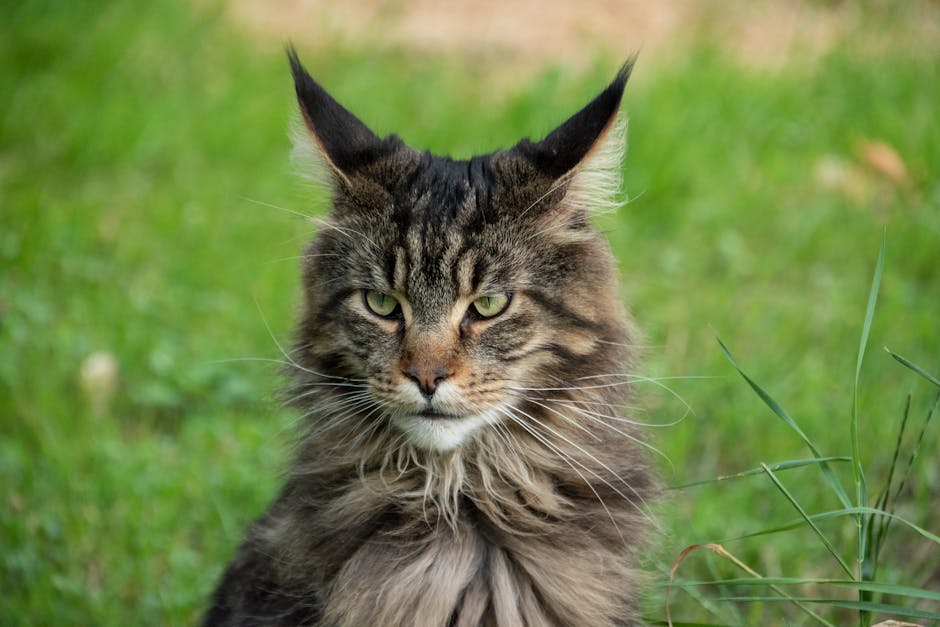
The Maine Coon cat is a unique and fascinating breed that has captured the hearts of cat lovers around the world. With its origins believed to date back centuries, this breed has a rich and intriguing history.
Maine Coon cats are said to have originated in the state of Maine in the United States. While there are many legends and myths surrounding their beginnings, one popular belief is that they descended from domestic cats brought to America by European settlers. Over time, these cats developed the physical characteristics that are now synonymous with the Maine Coon breed.
One distinguishing feature of Maine Coon cats is their large size. They are known as one of the largest domestic cat breeds, with males weighing anywhere from 13 to 18 pounds (5.9 to 8.2 kg) and females ranging from 8 to 12 pounds (3.6 to 5.4 kg). Their long and sturdy bodies, along with their muscular build, contribute to their impressive size.
In addition to their size, Maine Coon cats possess several other distinct characteristics. One of their most notable features is their luxurious, long fur. This thick coat helps protect them from the harsh winters of Maine, and it comes in various colors and patterns, including tabby, tortoiseshell, and solid colors.
Maine Coon cats also have large, tufted ears that give them an alert and inquisitive expression. It is believed that these ear tufts helped to shield their ears from the cold and harsh elements of their original environment. Furthermore, these cats boast striking, expressive eyes, which can be green, gold, or copper in color.
Aside from their physical attributes, Maine Coon cats are renowned for their friendly and sociable nature. They are often described as gentle giants, as they are known for their playful and affectionate personalities. Maine Coons are typically known to get along well with other pets and children, making them a great addition to any family.
In conclusion, the Maine Coon cat stands out for its rich history and distinct characteristics. From their large size and tufted ears to their sociable nature, these cats are truly a marvel to behold. Whether you're considering adding a Maine Coon to your family or simply want to learn more about this incredible breed, their allure is undeniable.
Factors that affect Maine Coon cat prices
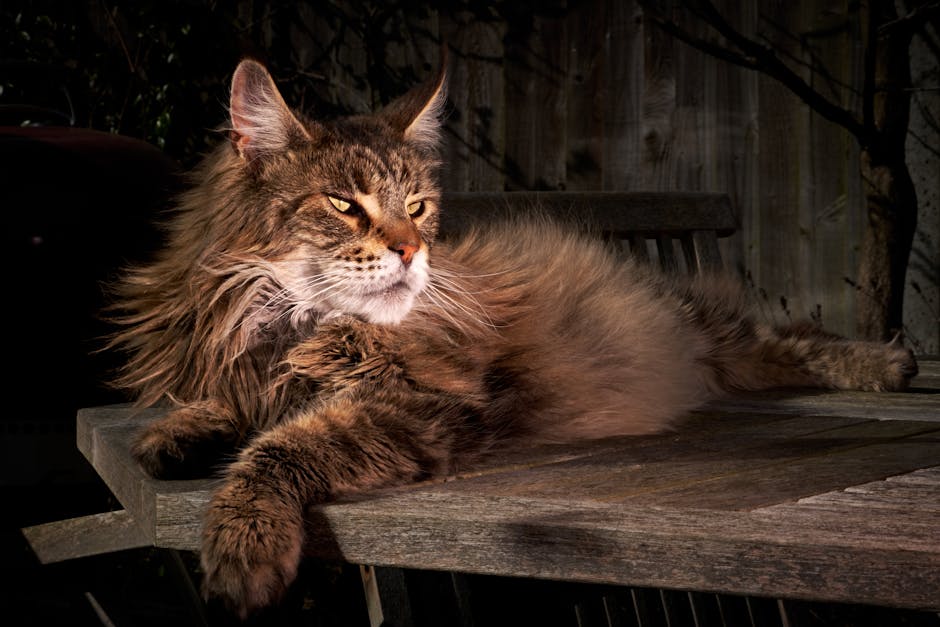
One of the most commonly asked questions by potential Maine Coon owners is, "How much does a Maine Coon cat cost?" While there isn't a straightforward answer to this question, as prices can vary significantly, there are several factors that influence the cost of this majestic and sought-after breed.
1. Breeder reputation and credibility: Reputable breeders who invest time and effort into breeding healthy and well-socialized Maine Coon cats often charge higher prices. They prioritize the health and temperament of the kittens, ensuring they receive proper veterinary care, early socialization, and a quality diet. These breeders may have a waiting list for their kittens due to their solid reputation and could be more expensive than others.
2. Pedigree and bloodline: Maine Coon cats with exceptional pedigrees and bloodlines from champion show cats tend to have higher prices. The lineage of the kitten, with multiple generations of award-winning cats, can significantly impact its market value.
3. Physical attributes and breed standards: Maine Coons with specific features, such as larger size, strong bone structure, and distinct coat patterns, often command higher prices. Cats that conform closely to the breed standards set by cat associations like The International Cat Association (TICA) or the Cat Fanciers' Association (CFA) may have a premium price tag.
4. Gender: In some cases, female Maine Coon cats can be priced higher than males due to their ability to be bred and produce future litters. However, this is not a universal rule, and pricing can vary regardless of the gender.
5. Availability and demand: The availability of Maine Coon kittens in a particular region or country can influence their prices. Areas with fewer breeders and a higher demand for the breed can be more expensive. Additionally, factors like the time of year and current demand for Maine Coon cats may impact pricing.
6. Additional expenses and services: Responsible breeders often include various extras in the cost of their Maine Coon kittens. These can include essential vaccinations, spaying or neutering, deworming, and microchipping. Additionally, some breeders may offer a contract or guarantee on the health of the kitten.
It is important to note that while price can be an indication of quality, it does not guarantee a perfectly healthy or well-behaved Maine Coon cat. Prospective owners should prioritize finding a reputable breeder who prioritizes the welfare of their cats and consider other factors beyond price when making their decision.
Always do thorough research, ask questions, and visit breeders in person if possible to ensure you are getting a Maine Coon cat that will be a cherished companion for years to come.
Purebred vs. mixed breed Maine Coon cats (5 factors to consider)
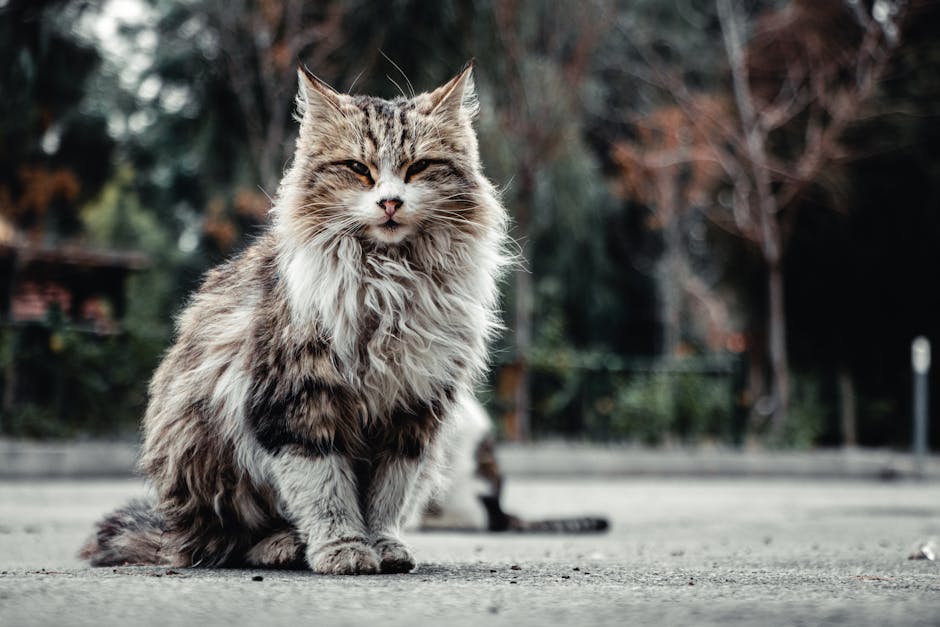
When considering getting a Maine Coon cat, one of the first decisions you will need to make is whether you want a purebred or mixed breed cat. Both options have their own unique characteristics and varying price ranges. Here are 5 factors to consider when deciding between a purebred or mixed breed Maine Coon cat:
1. Breed Standards and Pedigree: Purebred Maine Coon cats adhere to specific breed standards, ensuring that they possess the desired physical traits and personality traits characteristic of the breed. They come with a documented pedigree, tracing their lineage back several generations. This pedigree provides a clear picture of the cat's ancestry and can determine its eligibility for shows and breeding programs. On the other hand, mixed breed Maine Coon cats do not have a documented pedigree, and their physical and personality traits may be a combination of various breeds.
2. Price Range: Purebred Maine Coon cats tend to be more expensive compared to mixed breed cats. The price of a purebred Maine Coon can vary greatly based on factors such as lineage, breeding quality, gender, and availability. On the other hand, mixed breed Maine Coon cats are generally more affordable and can be found through local shelters or breed-specific rescues.
3. Certainty in Traits: If you have specific traits in mind, such as size, coat color, or temperament, a purebred Maine Coon may offer more predictability. The breed standards help ensure that purebred cats have consistent traits throughout their lineage. In contrast, mixed breed Maine Coon cats can exhibit a wider range of traits inherited from their diverse ancestry.
4. Health Considerations: Purebred Maine Coon cats often undergo rigorous health testing to minimize the risk of genetic disorders or inherited diseases. Responsible breeders prioritize the health of their breeding cats and ensure that only healthy individuals are included in their breeding programs. While mixed breed cats can also be healthy, it may be harder to anticipate potential health issues due to their varied genetic background.
5. Availability: Purebred Maine Coon cats are usually obtained through reputable breeders who have specialized in breeding and raising them. This means they may not always be readily available, and there may be a waiting period before you can bring a purebred Maine Coon home. On the other hand, mixed breed Maine Coon cats can be found in shelters or through private individuals, offering more immediate availability.
Ultimately, the decision between a purebred or mixed breed Maine Coon cat depends on your preferences, budget, and what you are looking for in a feline companion. Consider these factors carefully before making your choice, ensuring that you provide a loving and suitable home for your new furry friend, regardless of their pedigree.
Costs of acquiring a Maine Coon cat from a breeder (breeder reputation, location, and demand)

When it comes to acquiring a Maine Coon cat from a reputable breeder, there are several factors that can influence the cost. One of the primary considerations is the reputation of the breeder. If the breeder has a long-standing reputation for producing high-quality Maine Coon cats with desirable characteristics, you can expect their kittens to come with a higher price tag. Breeders who have invested time and effort into breeding healthy, well-socialized kittens often charge more for their kittens due to the increased demand.
Location is another factor that can impact the cost of a Maine Coon cat from a breeder. Breeders in areas with a higher cost of living may charge more for their kittens to cover the expenses associated with breeding and raising them. In contrast, breeders located in regions where the cost of living is lower may be able to offer their kittens at a more affordable price.
Additionally, the demand for Maine Coon cats can also influence their cost. Maine Coon cats are a popular breed due to their large size, friendly nature, and striking appearance. As a result, breeders who have limited availability and a high demand for their kittens may charge a premium price. On the other hand, breeders with a larger number of available Maine Coon kittens may offer them at a more competitive price.
It is essential to note that while cost is an important consideration, it is crucial to prioritize the health and well-being of the cat when choosing a breeder. Reputable breeders prioritize the health and temperament of their cats and provide appropriate care and socialization. Investing in a Maine Coon cat from a reputable breeder ensures that you are getting a healthy and well-adjusted companion for years to come.
In conclusion, the cost of acquiring a Maine Coon cat from a breeder depends on various factors. These include the breeder's reputation, location, and the demand for the breed. While it is important to consider the cost, remember to prioritize the health and well-being of the cat when making your decision.
Rescue or adoption fees for Maine Coon cats (considerations and potential savings)

Rescue or adoption fees for Maine Coon cats: considerations and potential savings
When it comes to bringing home a beautiful Maine Coon cat, you have two main options: rescue or adoption. Not only does adopting a Maine Coon cat offer you a furry friend for life, but it also allows you to make a positive impact by providing a loving home to a cat in need.
Rescue organizations and shelters often charge an adoption fee to cover the costs of caring for the cats in their facility. The fees can vary depending on the organization and the specific cat you choose. While the fee may seem like an additional expense, it often includes various services that can save you money in the long run.
One of the advantages of adopting a Maine Coon cat is that the adoption fee typically covers vaccinations, deworming, and spaying or neutering. These services can be costly when done independently, and by adopting, you are ensuring that your new companion is healthy and ready to join your family.
Additionally, many rescue organizations also provide microchipping as part of the adoption fee. Microchipping is a small investment that can have a significant impact on your cat's safety. In the unfortunate event that your feline friend goes missing, having them microchipped greatly increases the chances of being reunited.
When considering the cost of adopting a Maine Coon cat, it is essential to remember the potential savings compared to buying from a breeder or pet store. While purchasing a cat from a reputable breeder may cost more upfront, you may still need to cover the expenses of vaccinations, spaying/neutering, and microchipping yourself.
Moreover, adopting a rescue cat not only saves you money on immediate medical procedures but also eliminates the costs associated with breeding. Responsible breeders invest time, effort, and resources into ensuring the health and well-being of their cats, which can reflect in a higher price tag.
By choosing to rescue or adopt a Maine Coon cat, you are not only adding a loving companion to your life but also contributing to the welfare of these incredible feline creatures. Remember, the financial cost of adoption is an investment in providing a forever home and a second chance to a deserving cat.
Additional expenses related to Maine Coon cat ownership (vet bills, grooming, supplies)
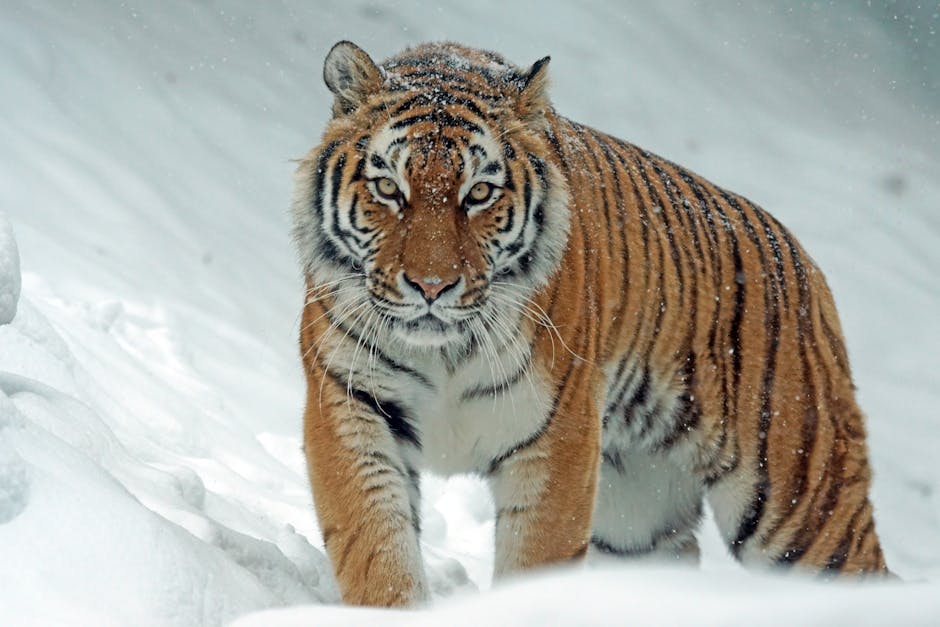
Maine Coon cats are known for their majestic looks, playful personalities, and gentle disposition. If you are considering adding a Maine Coon cat to your family, it is important to understand that beyond the initial cost of purchasing or adopting one, there are additional expenses associated with owning this beloved breed. In this section, we will take a closer look at some of the key expenses you should budget for:
1. Veterinary Care: As with any pet, regular veterinary care is essential to ensure the good health and well-being of your Maine Coon cat. Routine check-ups, vaccinations, and preventive treatments such as flea and tick control are necessary. Additionally, Maine Coon cats may be prone to certain breed-specific health issues, such as hip dysplasia and heart conditions, which may require additional medical attention. It is advisable to set aside a budget for annual check-ups and unforeseen medical expenses to provide the best possible care for your furry friend.
2. Grooming: Maine Coon cats have a thick and luxurious coat that requires regular grooming to keep it free from mats and tangles. Due to their long fur, they may require more frequent brushing compared to other breeds. Investing in high-quality grooming tools, such as a slicker brush and a wide-toothed comb, can help maintain their coat's health and shine. If you choose not to groom your Maine Coon cat yourself, professional grooming services may be required, which can be an additional expense to consider.
3. Food and Supplies: Providing a proper diet is crucial to meet your Maine Coon cat's nutritional needs. Since Maine Coons are a larger breed, they may require more food compared to smaller cats. It is essential to select a high-quality cat food that meets their specific dietary requirements. Additionally, investing in scratching posts, litter boxes, litter, toys, and other essential supplies will ensure your Maine Coon cat's comfort and happiness.
4. Insurance: Considering pet insurance can be a wise choice to protect yourself from unexpected veterinary expenses. Maine Coon cats, like any other cats, are susceptible to accidents, illnesses, and injuries. Having pet insurance coverage can give you peace of mind knowing that you have financial support in the event of a significant medical issue.
In conclusion, owning a Maine Coon cat goes beyond the initial purchase cost. Budgeting for regular veterinary care, grooming, food, supplies, and insurance will ensure that your Maine Coon cat receives proper care and attention throughout their life. By factoring in these additional expenses, you will be better prepared to provide a loving and comfortable home for your beloved Maine Coon companion.
Annual costs of owning a Maine Coon cat (food, litter, vaccinations, and other regular expenses)
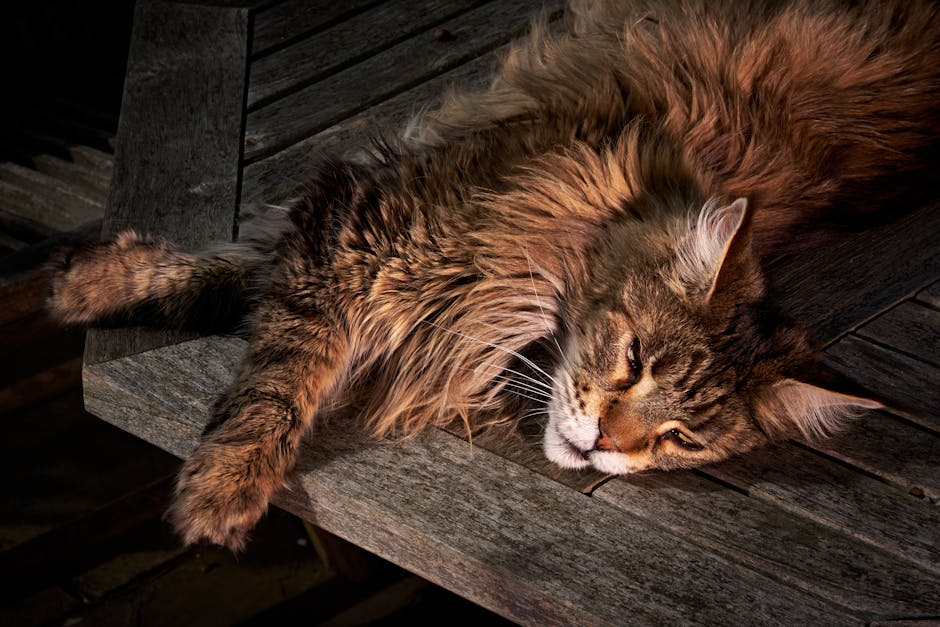
When considering adding a Maine Coon cat to your family, it’s important to factor in the annual costs associated with their care. While the initial cost of purchasing or adopting a Maine Coon cat may vary, it's the ongoing expenses that truly determine the financial commitment of responsible cat ownership. Here are some of the regular expenses you can expect to budget for:
1. Food: Maine Coon cats are known for their large size and healthy appetites. To meet their dietary needs, you will need to invest in high-quality cat food. The cost of cat food will depend on the brand, quality, and portion size. It is advisable to consult with your veterinarian to determine the specific dietary requirements of your Maine Coon cat and establish an appropriate feeding regimen.
2. Litter: Maine Coon cats are not small, and therefore, it's important to provide them with a spacious litter box. With their large size, they may go through more litter compared to smaller cat breeds. The cost of litter will depend on the brand and type you choose, so it's best to find a litter that works well for both your Maine Coon and your budget.
3. Veterinary care: Regular vaccinations, check-ups, and preventive medications are essential to ensure the health and well-being of your Maine Coon cat. Just like any other cat, they require routine vaccinations, annual physical examinations, and parasite prevention. These expenses can vary depending on your location and the veterinary clinic you choose. It is crucial to consult with a trusted veterinarian to determine the specific needs of your Maine Coon cat and the associated costs.
4. Grooming: Maine Coon cats have a long, dense coat that requires regular grooming to keep it healthy and prevent matting. This may involve investing in grooming tools, such as brushes and combs, as well as potentially seeking professional grooming services if needed. While the cost of grooming will depend on whether you groom your cat yourself or utilize professional services, it is important to consider this as part of the annual expenses.
5. Toys and enrichment: Maine Coon cats are intelligent and active cats who require mental and physical stimulation. Providing them with toys, scratching posts, and other forms of enrichment is essential for their overall well-being. It's important to budget for these toys and accessories to ensure your Maine Coon has a fulfilling and stimulating environment.
Remember that these are just the regular annual expenses associated with owning a Maine Coon cat. It’s also important to be prepared for any unexpected veterinary costs that may arise. By carefully considering and budgeting for these expenses, you can ensure that your Maine Coon cat receives the care and attention they need to lead a happy and healthy life.
Cost comparison of owning a Maine Coon cat vs. other cat breeds
When it comes to bringing a new pet into your family, it’s essential to consider the costs associated with their care. Maine Coon cats, known for their enchanting size and captivating personalities, are highly sought after as pets. However, potential owners often wonder about the costs involved in caring for this unique breed compared to other cat breeds.
While the initial purchase price of a Maine Coon cat may be higher than that of some other cat breeds, it is essential to look beyond the initial investment and consider the long-term expenses involved. Maine Coons are known for their larger-than-average size, requiring more food and potentially higher veterinary costs compared to smaller breeds. A larger cat would naturally need more food, leading to increased monthly expenses for their diet.
Moreover, Maine Coons have a higher propensity for certain health issues such as hip dysplasia and heart problems, which may result in additional veterinary expenses and regular check-ups. It is crucial to factor in potential medical costs when considering the financial aspects of owning a Maine Coon cat.
On the flip side, Maine Coon cats are often known for their friendly and social nature, making them suitable for families or individuals seeking a companion that requires less entertainment or enrichment in terms of toys or gadgets. This can potentially offset some of the costs associated with keeping a cat entertained on a daily basis.
Overall, when comparing the costs of owning a Maine Coon cat to other cat breeds, it is crucial to consider the individual circumstances and requirements of your potential feline companion. While Maine Coons may require more significant financial investment in terms of food and potential medical expenses, their unique characteristics and affectionate personalities often make them worth the extra cost for many cat lovers.
In conclusion, owning any pet requires careful consideration of the associated costs, and Maine Coon cats are no exception. While there may be higher initial and ongoing expenses when it comes to this particular breed, the rewards of owning a Maine Coon can be immeasurable for those seeking a larger, sociable, and loving feline companion. As always, it is essential to conduct thorough research and consult with reputable breeders or veterinarians before making any decisions.




